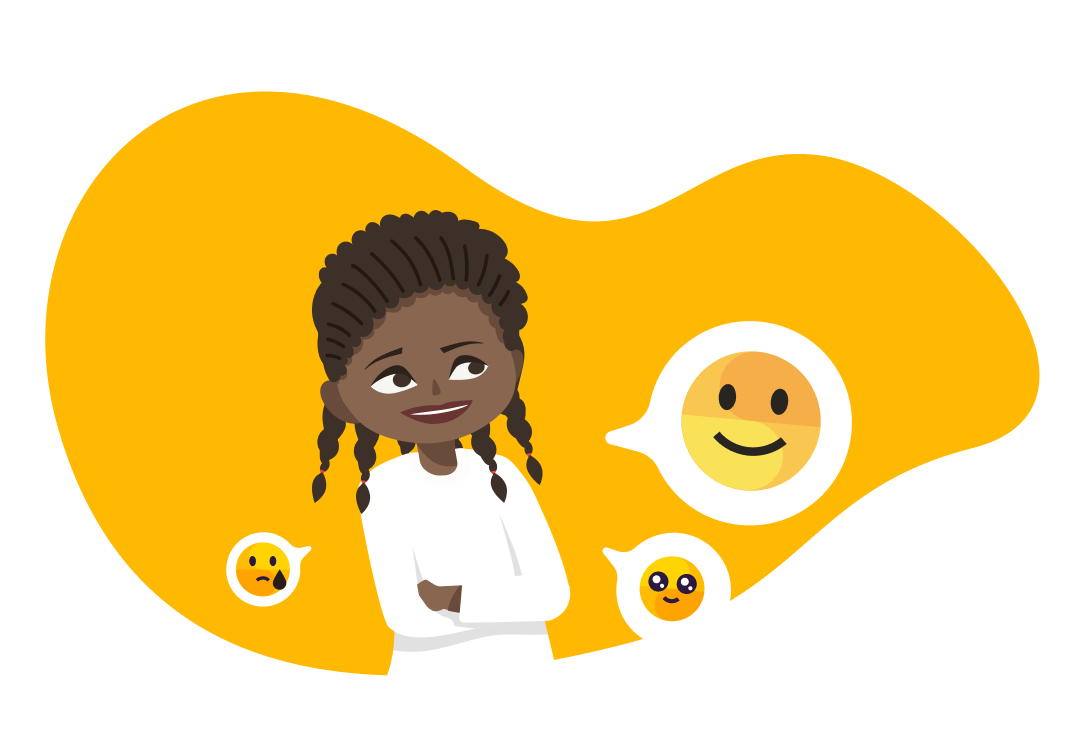
How to help your child make friends
Communication in the peer community is undoubtedly essential, as well as one with parents. Even if your child seems to you talkative and friendly, interacting with others can be challenging. As a parent, you need to listen to your child and pay attention to his environment. Unfortunately, it may happen that the kid says, “Nobody wants to play with me.” Any child can face this, and your task is to respond correctly, understand the reasons, and help.
There might be completely different kinds of reasons for such situations. Here are main few:
- Shyness and anxiety. These are the most frequent reasons for discomfort in communication with peers. The fear of rejection is common not only for kids and teenagers but for adults as well. It’s better to help your kid to overcome this problem as soon as possible.
- Confusion. Interaction with the world seems scary for some kids. It may be connected with internal aspects. Children can be introverts or just love to spend more time in their little worlds due to comfort.
- Bad experience. Kids are very sensitive. Unfortunately, they may be cruel as well. Once being harshly played, hurt, or even beaten, a child can change his attitude towards the world. Some children may feel that bullies are not the exception, but the rule. And everyone else will treat him the same way. From here comes self-doubt, closure, and, as a result, isolation.
- Differences from others. Returning to the previous reason, your child may be afraid that he or she is different from others. The kid could see how another child with his peculiarity is being bullied or experience it for themselves. And the reasons for this may not be the most obvious. Common reasons for bullying can be wearing glasses, a particular haircut, age, height, or even hobbies. Based on experience, the child may conclude that other peers will also harm him for a specific reason.
Of course, this is not a complete list of reasons. Overall, each case is personalized. There may be more than one reason. So how do you find out why your child says, “No one wants to play with me”?
You need to deal with the problem gradually, and you need to start with a simple conversation. Don’t lose sight of the important detail: your child shouldn’t feel guilty. At least until you fully understand the situation. Listen to your son or daughter carefully, ask leading questions.
Here are some of the best questions to ask in these situations.
- What you’ve been doing today?
- Why do you think so?
- Did somebody say that?
Figure out two things: Has your child been rejected directly by other children? Or was she/he’s afraid to join a peer or group? That’s really important because you will discover from where the issue appeared. From outside or inside?
If the child was bullied or had been rejected, you should ask the following questions:
- How do you think why they did this?
- Have you tried to talk with someone else?
There may be some reasons to talk with the parents of a bully. You need to explain to your child that not all people are like this. Explain the value of friendship. It can be difficult for a child to fit into an established team.

A pretty common situation is when a child is just very shy. These internal reasons are not necessarily something negative or have deep emotional roots. Try to find out more. For parents who have shy kids, there are few tips:
- Don’t push them into parties with lots of people. It’s better to start with small companies, for instance, a Birthday party with 2-4 other kids.
- If you’re going somewhere, prepare your kid morally for it — even school. Tell precisely for how long he/she is going there. Try to make them in comfort and calm. Build a trustful relation between you.
- Don’t force them to make a friend as soon as possible. And don’t criticize them.
There are common suggestions for both cases.
1. Rules of communication. It’s important to teach kids the main rules of behavior. Make sure that children are polite, patient and don’t show aggression to other kids. Teach various active games so that your child has something to offer to peers or just not get lost.
2. Activities. As an option, you can find a new place for your child, where other children don’t know each other either. In this way, a new team can be formed according to interests. It’s better if these interest groups are limited for several children, up to 6-8. So, communication between them will be better established.
3. Communication with others. A child’s social circle should not be limited to home and school. Take your child with you to visit families with children. If the child has established a connection with another, support it. Allow them to spend time together, visit each other, stay overnight.
4. Conflict management. Things that before could be called a minor issue or trouble now may cause a conflict. Communication problems of teenagers are equally important. Being rejected by peers or avoiding communication yourself is a terrible disaster.
It is normal for teenagers to quarrel with friends, classmates. Teach your child to resolve conflicts in peaceful way and understand causes and effects for himself. Fighting with your best friend is not the end of the world, and children must learn to put up with and find compromises.
5. Don’t forget about temperament. Yes, there are children with different temperaments. Introverts are more comfortable at home and spending time alone with themselves. But usually, they have friends so they won’t feel lonely. We are talking about this. Children and adults of all ages need friends. Your task as a parent is to understand the causes of conflicts and prevent the child from losing confidence in himself.
6. Be an example. Don’t be surprised that your kid has communication problems when you quarrel with your partner each day, do not politely answer to delivery, etc. It’s better to see once than being told one hundred times. Talk with your son or daughter in the manner you want them to behave. Also, let them see you interacting with your friends.
Personal stories will be even more involving. If your kid struggles with something, tell a story from your life. Probably you had a similar one, or you may create a story of your “friend.” The child will experience those feelings you had, find correlations with his situation. The story’s solution might give a lesson of critical thinking if you’d tell from two perspectives.
You may also be interested:
Сhildren’s сommunication skills development: useful tips and fun activities which will help to boost your child’s communication skills
The most important thing is that you should always be on your kid’s side. Listen carefully for their issues, ask how their day was. You should be the best friend to your children: support them, teach but respect their will and temperament. There is no universal key for every child ever. Every problem in communication has unique roots. Your duty as a parent is to define the problem in time or try to prevent it.
Pay attention to children, ask the right questions, but try not to harm. Teach them to communicate and encourage them to befriend someone. But also, do not equate your child with yourself. You two are different people. Find and build trust between you and your child.
And we’re still talking about the problem of not having friends. Much depends on you in a child’s life, both at the age of 3-7 years and in late adolescence. With your help, care, and support, your kids will overcome the difficulty of making friends and will be happy.

new engaging articles



